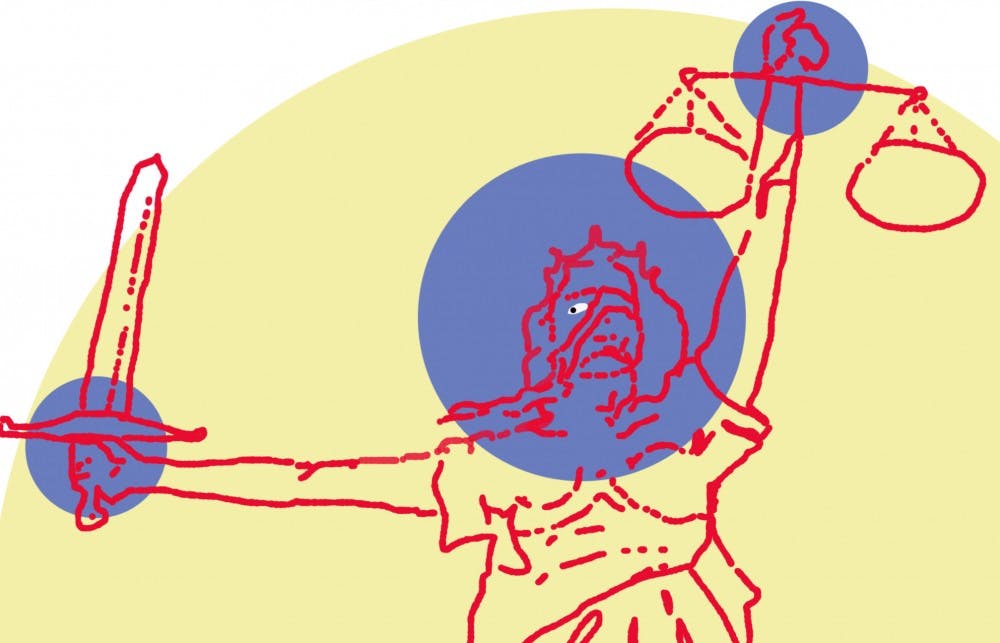Crimes intended to harm individuals or groups on the basis of their beliefs or identities should be punished differently than crimes committed without this intent.
Hate crime laws allow this distinction from other crimes to justify enhanced sentences. Despite their debatable efficacy in reducing crime, these laws still ought to be a nationwide standard.
Indiana is one of five states without hate crime laws. Despite a poll indicating that two-thirds of Hoosiers favor these laws, we will carry on without them in Indiana until at least 2019, after the most recent bill to address hate crimes was dropped from the state legislature’s agenda Jan. 30.
Sen. David Long, R-Fort Wayne, said he does expect the subject to be taken up again next year, and insists passion rather than apathy is the primary delay.
“It’s not for a lack of caring or belief that you shouldn’t do it,” Long said. “It’s just how you do it and the language you use.”
If this is the case, then Long and the legislature he leads need to prioritize resolutions for these laws that have only become increasingly necessary in recent years.
Using data from the FBI Hate Crime Statistics report, the Southern Poverty Law Center finds that hate crimes reached a five-year high in 2016 and particularly spiked in the months following the election. This correlation suggests our current political environment emboldens bigots or encourages victims to report these crimes.
Hoosiers need to send a strong message against this hatred, and we need to reinforce that message with the full strength of our legislation.
Concerns may include potential misuse of these laws to punish Hoosiers for speech or ideas of which the state disapproves, but the potential for such missteps depends upon the language in and execution of the laws.
State law already includes a definition for “bias crimes,” which requires proof that an offender “knowingly or intentionally selected the person" in a way that either injures the person or damages property on the basis of their “color, creed, disability, national origin, race, religion or sexual orientation.”
If hate crime laws in Indiana were written with this definition, the Editorial Board believes that Hoosiers would have no reason to fear ominous policing of their expression.
Critics may also argue that hate crime laws provide the communities that implement them with a false sense of accomplishment. The simple fact of passing a law does nothing to actually address the issue of hate, Harvard media studies professor Michael Bronski said to NPR.
“We end up passing these laws and saying ‘look at this, we’re actually doing something,’” Bronski said.
Passing hate crime laws does do something, though. The entire justification for these laws is not solely dependent upon their efficacy at reducing hate crimes, though this is of course one important goal.
Hate crime laws allow the principles of our legislation to reflect the our society's values. No law can explain why people are cruel to one another, and the burden of such explanation should not be a requirement that hate crime laws are expected to fulfill.
Even if it may sometimes be difficult to prove that a crime has been motivated by hate, and even if the laws do not remedy the presence of hate itself, it is still vital that we take a formal stand against hate crimes.
No one should have to live in fear because of their identity, and without hate crime laws, we cannot really say we are doing everything we can to protect each other.




